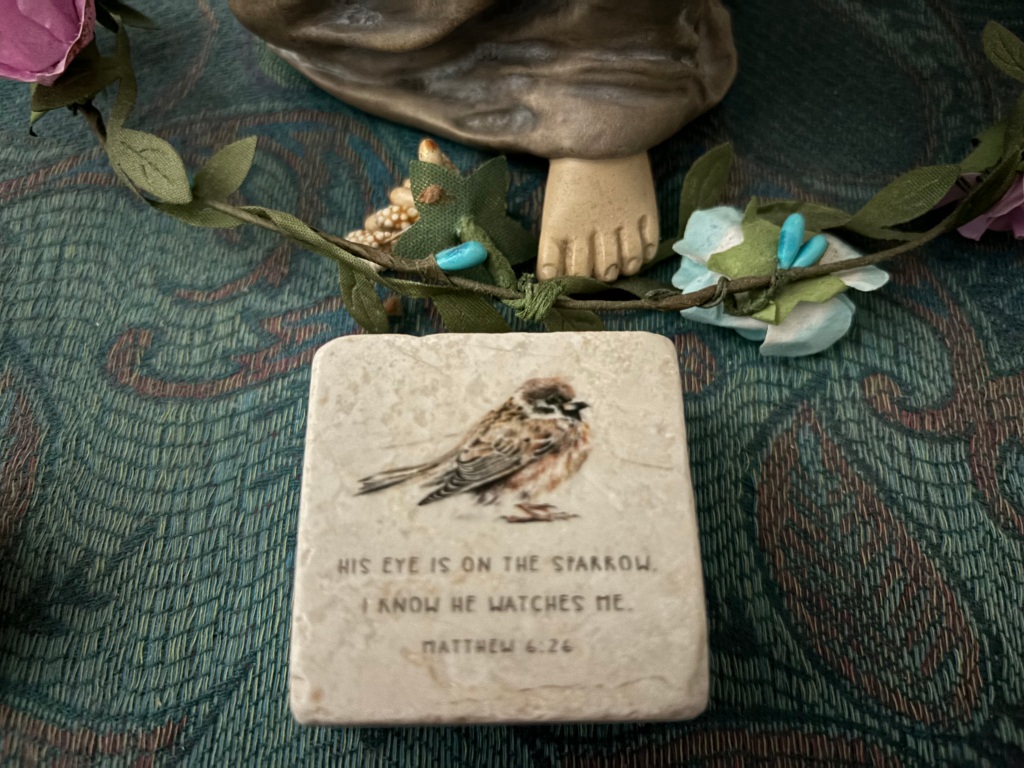This article was published in the Concord Monitor March 21, 2024, under the title, “Wake Up, America.”
“W-Wake U-Up Amer-America!” And they laugh. Clap. Egged on by Donald Trump’s bullish aim to disparage, mock, poke, intimidate, silence anyone who dares confront or challenge him, in this case a stutterer, President Joe Biden. Like good foot soldiers, they fall in line exactly as they did when Trump mocked New York Times reporter, Serge Kovaleski, who has a disability called arthrogryposis. Some news outlets tried to spin the action as though it was similar to some of Trump’s previously enamored displays. Watch the video. Judge for yourself.
Yes, it seems no matter how egregious the action: inciting insurrection to interfere with the peaceful transfer of power; how morally repugnant, separating babies and children from their parents at the border; how demeaning, ascribing cutesy names for adversaries; how dangerous, cozying up to world autocrats while casually turning away from our NATO allies — to name just a few examples — the MAGA base, good foot soldiers as they are, stand proud and clap unabated.
I suppose they truly feel this is all emblematic of how they’ll make America great again. After all, their leader says so and many believe he’s a kind of prophet sent by God to right America. Too bad few seem to notice how many, just like them, sit behind bars, the price for doing his bidding, while he continues to live fancy free, claiming immunity.
Admittedly, Trump was right about one thing: “I could stand in the middle of 5th Avenue and shoot somebody and I wouldn’t lose voters.” (January 23, 2016). At the time, many thought, even critics, this was just a blowhard display of narcissistic enthusiasm. Bad enough. But now we know, it’s absolutely true.
For eight years, we’ve allowed Trump to stretch and redefine the boundaries of decency. But this time, finally, I believe he’s gone too far. Mocking someone, anyone, with a disability, is going too far. While some may question the mocking of Serge Kovaleski, there is no spinning Trump’s mocking of President Biden’s stutter.
The critical point here is that the clear lack of empathy needed to do such a thing should sound an alarm, loud and clear, because such behavior is a key characteristic of sociopathic tendencies and is a personality trait of all powerful autocratic leaders who have casually silenced, in one way or another, those they perceived as enemies, threats, or those they deem to be inadequate, inferior or weak.
Such a person so void of empathy cannot possibly relate to the depth of fear, rage, pain, terror that often consumes those living with something that makes them different, something visible they can’t hide or change.
I know because I’m a stutter. As a child I remember the children’s faces, the laughing, jeering, mocking. Today those faces belong to Trump and his followers who proudly exploit any weakness they perceive. Wake up America! We’re living in a fourth-grade classroom where the self-appointed bully is in charge and he’s running for class president—again.
I was lucky. It was only by the grace of God that I was able to largely overcome my stutter. So, I gladly and gratefully stand with and for all those who live with — I won’t say a disability — but some difference, particularly some visible difference, because we know that laugh, the mocking, and how others can sometimes interpret that difference as damaged goods.
We are not damaged. Serge Kovaleski is not damaged. President Joe Biden is not damaged. I’m not damaged. We wake up every day and make our way the best we can with as much grace and courage as we can muster— just like each of us for, in truth, everyone carries something—seen or unseen.
As a former mental health counselor observing his apathetic behaviors, I could imagine feeling a measure of compassion for Trump—if he were an ordinary citizen. He’s not. As a result, the stakes are too high, time too short, to get sidelined there. I, we, must focus on the prevailing threat at hand and we must not remain silent!
Ask yourself America, do you really want to risk giving the nuclear codes (again) to someone who won’t think twice or care about the magnitude of suffering such a weapon may inflict upon those he feels are “vermin,” to use his word, and therefore dispensable? Do we want to hold up as our leader someone who maliciously takes down anyone not willing to bow and kiss the ring? Fragile egos, in a position of power, can be the most perilous weapon of all.
Wake up America!






















